Martian landscapes by images NASA/JPL-Caltech/UArizona modified by Mariagata1959.
/ each image is up to approximately 25 km.in diameter /
Music by Voonboyd.
Martian landscapes by images NASA/JPL-Caltech/UArizona modified by Mariagata1959.
/ each image is up to approximately 25 km.in diameter /
Music by Voonboyd.
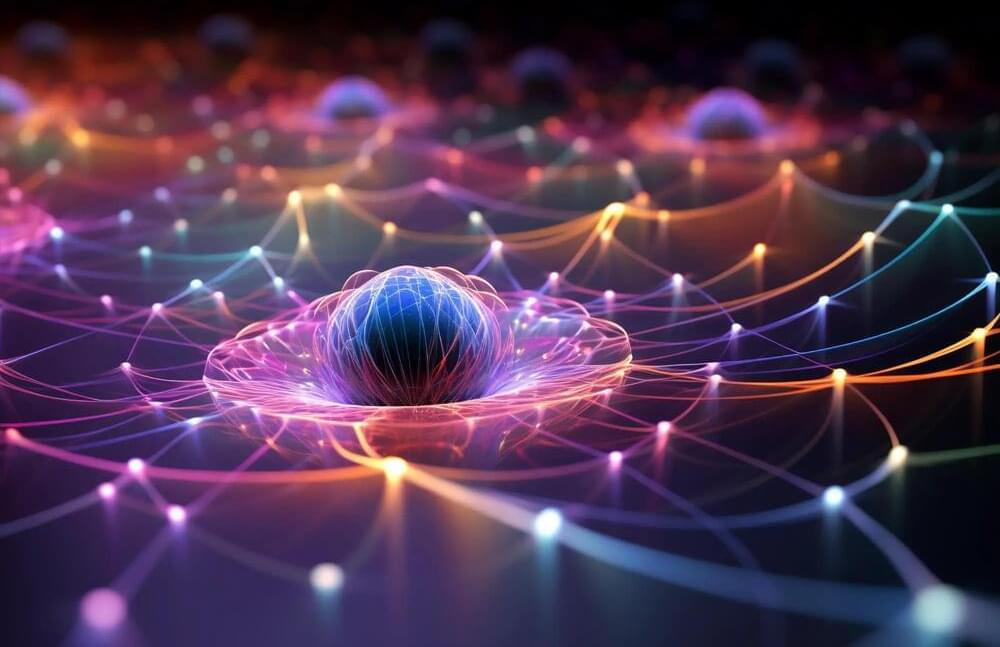
Caltech researchers have discovered Hubbard excitons, which are excitons bound magnetically, offering new avenues for exciton-based technological applications.
In art, the negative space in a painting can be just as important as the painting itself. Something similar is true in insulating materials, where the empty spaces left behind by missing electrons play a crucial role in determining the material’s properties. When a negatively charged electron is excited by light, it leaves behind a positive hole. Because the hole and the electron are oppositely charged, they are attracted to each other and form a bond. The resulting pair, which is short-lived, is known as an exciton [pronounced exit-tawn].
Excitons are integral to many technologies, such as solar panels, photodetectors, and sensors. They are also a key part of light-emitting diodes found in televisions and digital display screens. In most cases, the exciton pairs are bound by electrical, or electrostatic, forces, also known as Coulomb interactions.
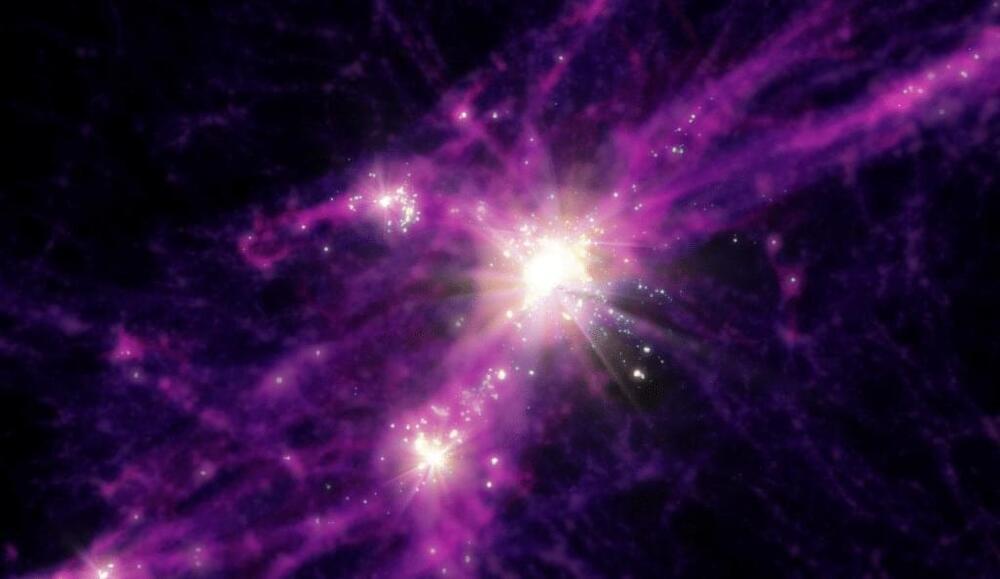
At the edge of the universe, billions of light years away, there’s a time when the first galaxies were just beginning to light up. Think of it as the universe’s childhood. Scientists have always been keen to study this era because it helps us understand how galaxies, like our own Milky Way, came into existence. Recently, the James Webb Space Telescope (JWST), gave us an unprecedented peek into this ancient time, revealing some exciting and unexpected finds.
The JWST found a lot of really bright, big galaxies from that early era. This was surprising because we didn’t expect such large galaxies to exist so early in the universe’s history. These discoveries left astronomers with many questions. Were these bright galaxies truly from that ancient era? If they were, how did they form so quickly? And do these new findings fit with our current understanding of the universe’s history and growth?
Northwestern University researchers may have cracked the mystery. Contrary to initial beliefs, these galaxies might not be as massive as they appear. Instead, scientists say their eye-catching brightness could result from sudden, dazzling bursts of star creation.
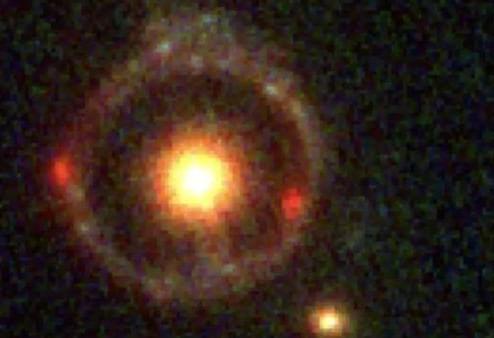
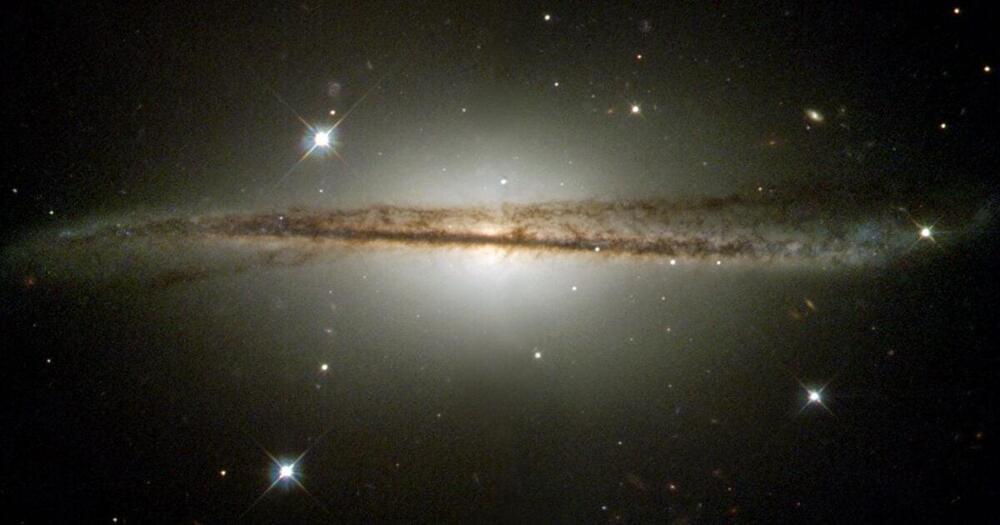
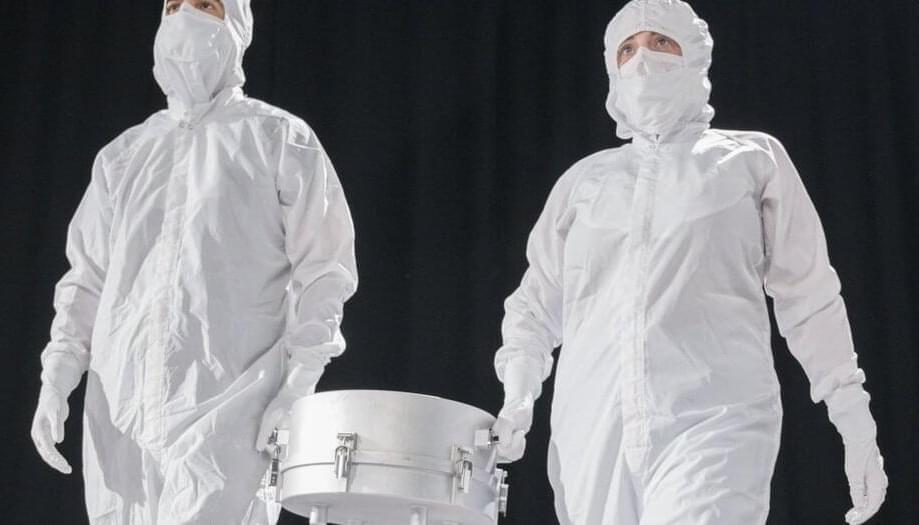
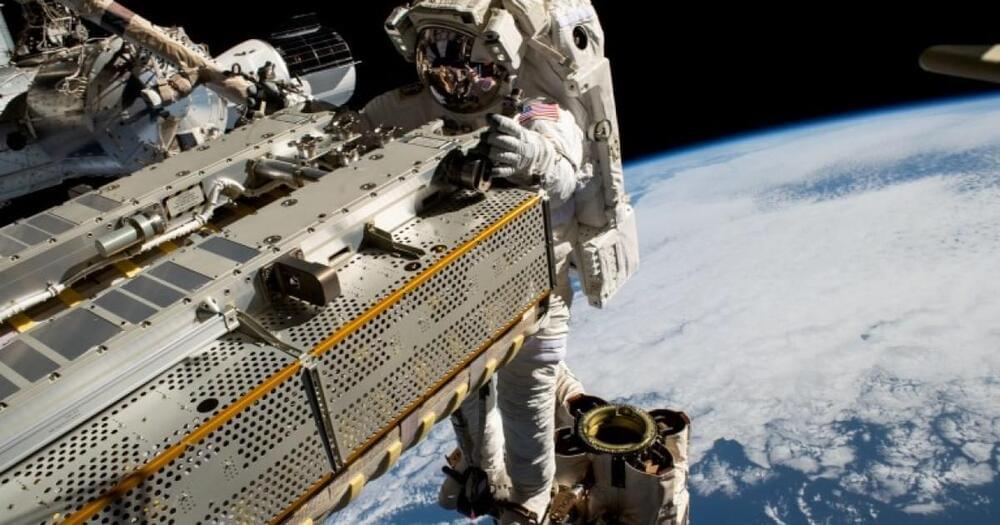
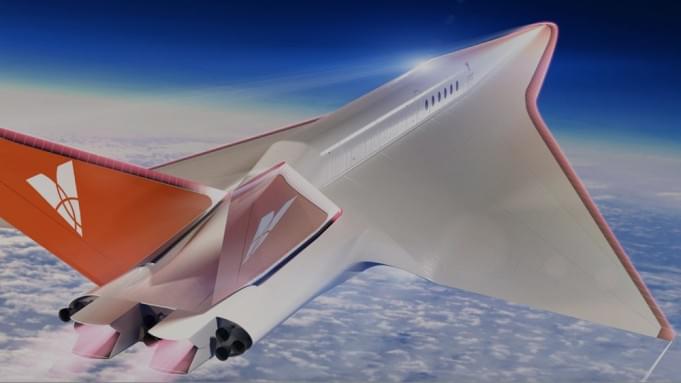

The nation wants to become a leader in space exploration.
As the NASA-led International Space Station (ISS) approaches the end of its life cycle by the 2030s, China wants to increase the size of its space station from three to six modules over the next several years, according to a new report by Reuters.
The newly expanded space station will give astronauts from other countries a different platform for near-Earth missions and will be operational for more than 15 years.

The orbital telescope is slated for launch in 2024.
China’s commitment to space exploration is evident through its active advancements, ranging from building its own space station to setting ambitious goals of sending humans to the Moon by 2030. They are leaving no stone unturned in their quest for space exploration.
China’s space agency has been hard at work preparing for another maiden mission, the Xuntian space telescope, which translates roughly as “surveying the heavens.”